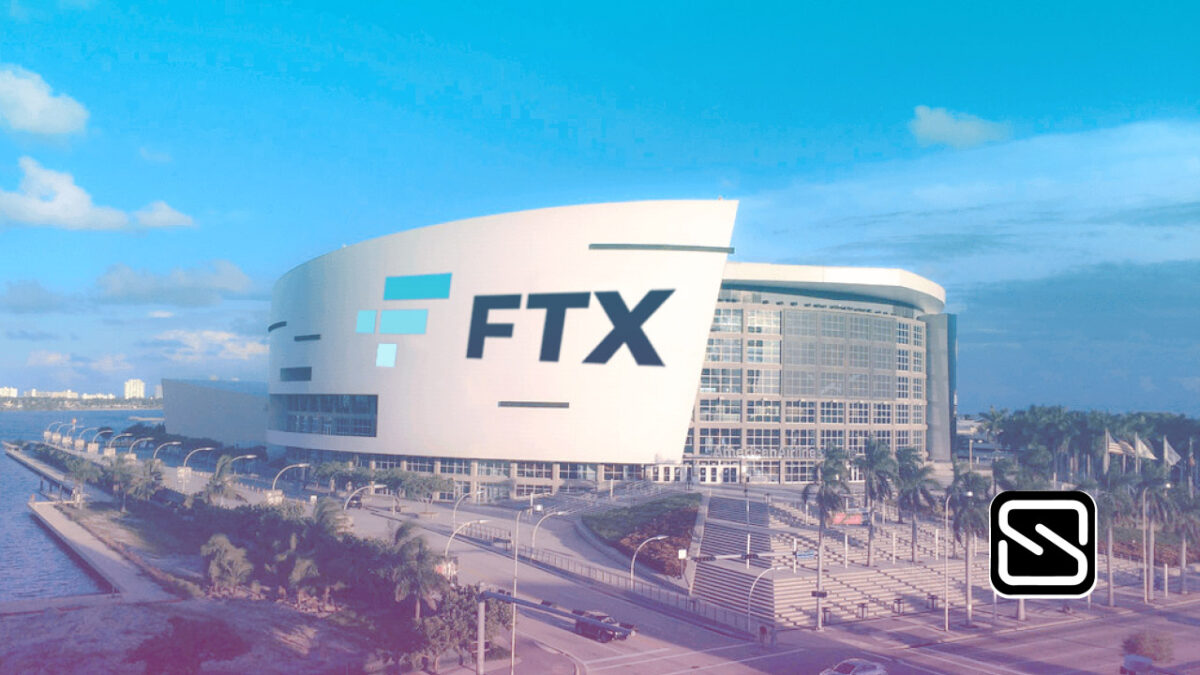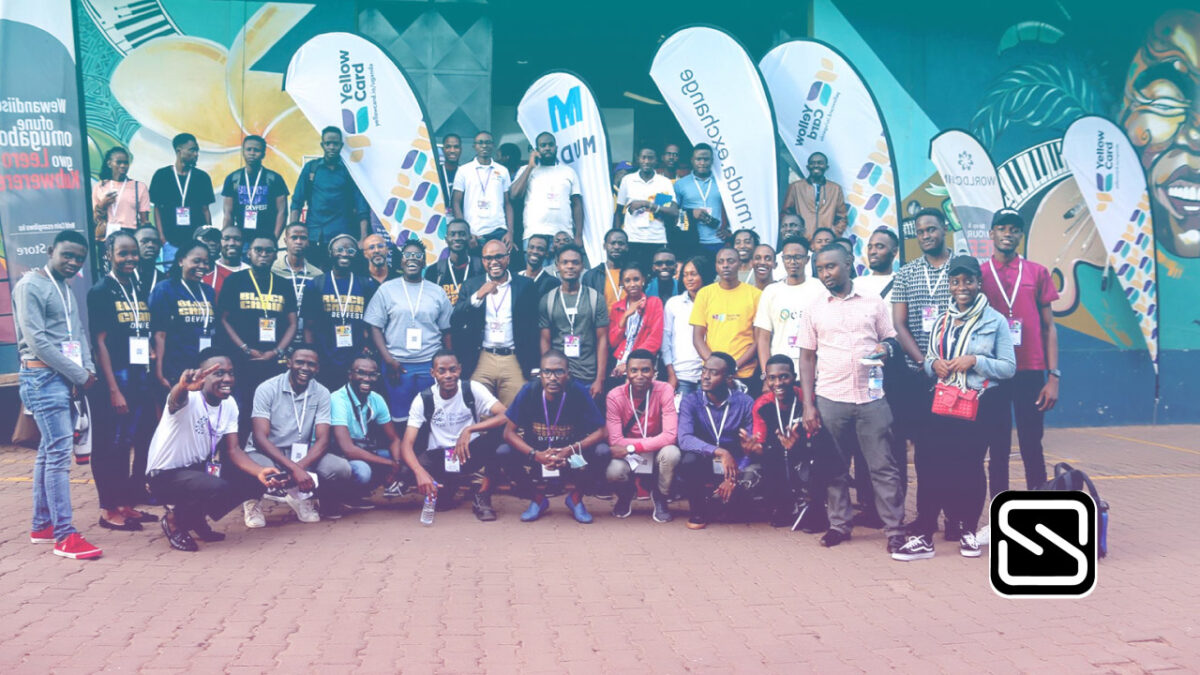A recent survey conducted by Consensys sheds light on the level of familiarity and opinions regarding Web3 and cryptocurrencies among South Africans. The study found that approximately 40% of the participants are familiar with the concept of Web3, indicating a considerable awareness of emerging technologies in the country. Notably, the term “Metaverse” emerged as the most recognized concept among respondents, followed by non-fungible tokens (NFTs) and Web3.
When questioned about the skills required to engage with Web3, 43% of the surveyed South Africans identified financial trading as the most crucial prerequisite. Meanwhile, 24% emphasized the significance of software engineering skills, and 17% highlighted marketing expertise. These findings suggest that a diverse set of skills is perceived as valuable for meaningful participation in the Web3 ecosystem.
The survey also revealed that half of South Africa’s population believes that the existing financial system could benefit from improvements. Encouragingly, an even larger proportion of respondents expressed confidence in the availability of technology capable of enhancing the financial system. The report indicated that 80% of the population agreed that the necessary technology for transforming or rebuilding the financial system already exists, with only a small minority (4%) disagreeing.
Regarding cryptocurrencies, an overwhelming 98% of the respondents had heard about them. However, perceived barriers deterred many from engaging further. Among the cited obstacles, 59% believed that scams pose a significant risk, while 48% highlighted the volatility of the crypto market. Additionally, 40% expressed concerns that the underlying financial technology supporting cryptocurrencies is too complex, primarily accessible to tech-savvy individuals. In contrast, only 13% considered the technology to be lacking innovation or differentiation from existing systems.
Concerning regulation, 46% of the participants advocated for heavy regulation of cryptocurrencies to ensure stability in traditional financial markets and investor protection. Conversely, a mere 7% felt that self-regulation within the industry would suffice.
These survey findings provide valuable insights into South Africans’ perceptions of Web3 and cryptocurrencies. The notable levels of awareness and recognition of emerging technologies indicate a growing interest in the potential of decentralized systems and digital assets within the country.









